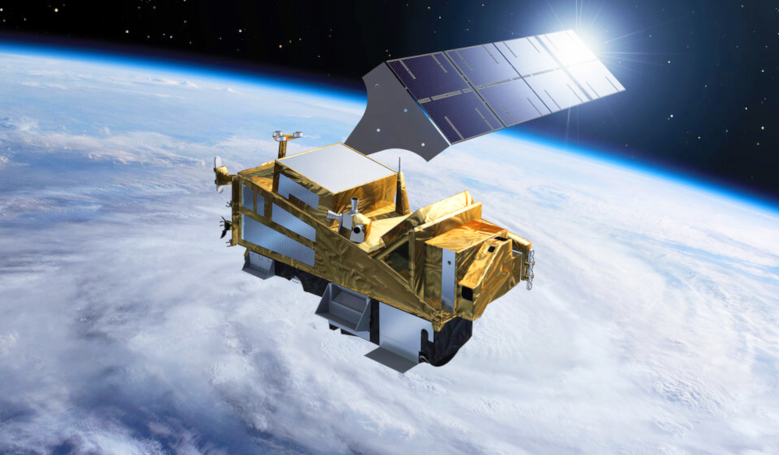Europe's meteorological satellite agency, EUMETSAT, will become the largest operator of the Copernicus programme's Sentinel satellite missions under an agreement signed (23 July 2021) with the European Commission.
Copernicus is a component of the European Union space programme and focusses on looking at Earth and its environment for the benefit of all European citizens. It offers information services that draw from satellite Earth observation and in-situ (non-space) data.
The seven-year €735 million ‘Contribution Agreement on the Implementation of the Copernicus Component of the Space Programme of the European Union’ extends and strengthens EUMETSAT's role in ocean and atmosphere-monitoring missions in the Earth observation programme.
It entrusts EUMETSAT with the continued operation and exploitation of the existing Copernicus Sentinel-3 and -6 ocean-monitoring missions, the up-coming Sentinel-4 and -5 atmosphere monitoring missions and future missions designed to monitor carbon dioxide and the climate.
"EUMETSAT's established expertise as an operational meteorological satellite agency means we are well-placed to bring the benefits of these critical missions to the citizens of the EU's and our own member states," said EUMETSAT Director-General Phil Evans.
"The Copernicus Sentinel missions the EU has entrusted EUMETSAT to operate complement the missions of our own fleets. Through Sentinel missions comprised of instruments flying on EUMETSAT's satellites, we will generate complementary products which will give highly accurate information about the Earth's climate, atmosphere and oceans."
EUMETSAT will also operate, process and disseminate the data from the future Copernicus anthropogenic carbon dioxide-monitoring mission, CO2M.
In addition, the agency will generate global atmospheric and ocean products from the future Copernicus Imaging Microwave Radiometer (CIMR) and CRISTAL polar-monitoring missions.
The Copernicus 2.0 agreement signed by the commission and EUMETSAT also extends funding to the WEkEO Copernicus Data and Information Access Service for the next seven years.
"WEkEO is an extremely powerful federated platform using EUMETSAT's experience in this domain, based on the organisation's knowledge of the management of big data. It allows the agencies to supply their Copernicus Earth observation data to users, via the cloud, without energy-intensive duplication of data streams and archives," Evans said.
WEkEO is a joint service involving EUMETSAT, the European Centre for Medium-Range Weather Forecasts, Mercator Ocean International and the European Environment Agency.











